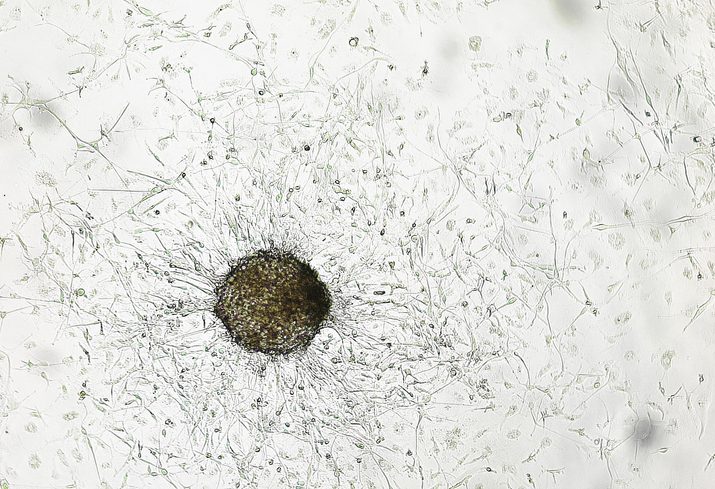
Here are the top stories covered by DocWire Newsthis week in the Hematology & Oncology section. This week, a study found that mammograms are not beneficial in women older than 75 years, nivolumab improved survival in lung cancer compared with docetaxel, and more.
Pooled data from two clinical trials showed that nivolumab (Opdivo®) resulted in a fivefold increase in five-year overall survival(primary endpoint) compared with docetaxel in patients with advanced non-small cell lung cancer. The data were presented at the World Lung Conference on Lung Cancer in Barcelona, Spain.
A prospective trial compared two screening methods for at-risk lung cancer patients—one used by Canadian, Australian, and European public health organizations versus the model used by used by the United States Preventive Services Task Force. The study found that the European model detected more cancers.
The experimental drug LOXO-292(now called selpercatinib) shrank tumors in nearly 70% of lung tumors with the RET mutation, according to data from the drug’s manufacturer Eli Lilly and Co., that was presented at the World Conference on Lung Cancer in Barcelona, Spain.
A study published in the Journal of the National Cancer Institute found that mammograms do not provide a benefit for women aged 75 and olderwith chronic health conditions (such as diabetes or heart disease) that are likely to result in death prior to cancer.
A specific group of antihistamine medicationscan eradicate leukaemic stem cells, according to research from the Leukaemic Stem Cell research group of the Josep Carreras Leukaemia Research Institute. Led by Ruth M. Risueño, this group has found that a class of antihistamines can selectively kill these malignant stem cells while sparing healthy cells.
In case you missed it, more hem/onc headlines are featured below:
- Many Crowdfunding Campaigns for Cancer Medical Bills Don’t Reach Target Goal
- Obesity During Childhood Cancer Treatment Increases Risk of Secondary Cancer
- FDA Grants Breakthrough Designation for Tepotinib for Lung Cancer With Specific Mutation
- Unmarried Cancer Patients Are Less Likely to Receive Optimal Treatment
- Anti-EGFR Therapy Induces Response in Patients with BRAF non-V600 Metastatic Colorectal Cancer







 © 2025 Mashup Media, LLC, a Formedics Property. All Rights Reserved.
© 2025 Mashup Media, LLC, a Formedics Property. All Rights Reserved.